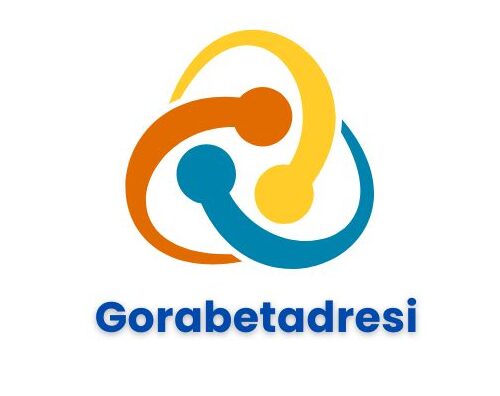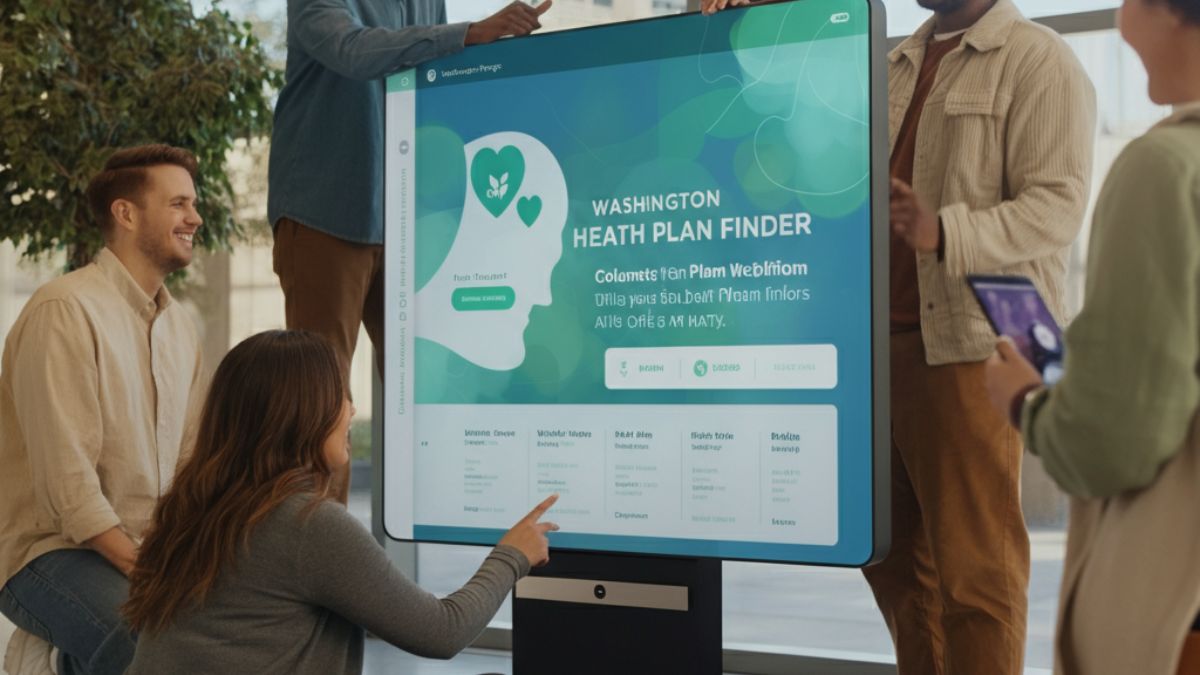Understanding New Century Health Impact on Value-Based Care
In today’s evolving healthcare landscape, providers and payers seek innovative solutions to improve patient outcomes while managing costs. Organizations like New Century Health play a pivotal role by focusing on specialty care management and offering a model that aligns with the principles of value-based care. This approach prioritizes quality and efficiency, moving away from the traditional fee-for-service system. New Century Health’s mission centers on ensuring patients receive the right care at the right time, supported by evidence-based clinical pathways and robust data analytics.
The healthcare system faces immense pressure from rising costs, especially in specialty fields like cardiology and oncology. Complex treatments and expensive therapies dominate these areas, making them ideal for specialized management. By collaborating with health plans and provider groups, New Century Health adds clinical oversight and decision support that benefits all stakeholders. Their model standardizes care according to the latest clinical evidence, reducing unnecessary variations that often lead to suboptimal outcomes and higher expenses. Because of New Century Health’s expertise, healthcare delivery becomes more predictable and sustainable.
How New Century Health Drives Clinical Excellence
New Century Health’s model relies on deep clinical expertise. The organization develops and updates comprehensive, evidence-based guidelines for cardiology and oncology by staying current with research, drug approvals, and technological advances. Their commitment to ongoing improvement ensures physicians access the most effective treatment protocols.
When physicians propose treatment plans for patients covered under a partner health plan, New Century Health reviews these plans against established clinical pathways. A sophisticated technology platform makes this process collaborative, not restrictive. The main goal is to support physicians in decision-making by providing data-driven insights to enhance patient care. For example, the system may suggest a more cost-effective but equally efficacious treatment option or confirm that all necessary diagnostic steps have occurred before starting expensive therapies. By structuring the process, New Century Health streamlines approvals and relieves administrative burdens, allowing doctors to devote more attention to their patients. New Century Health genuinely helps physicians deliver high-quality care.
The Technology Powering the Model
Technology powers the efficiency and effectiveness of New Century Health’s system. The company uses a proprietary platform that integrates with existing healthcare workflows, providing real-time decision support at the point of care. Providers enter proposed treatment plans, and the platform instantly analyzes them against the latest clinical guidelines and the patient’s unique medical history.
This system creates several key advantages. It automates prior authorization for treatments that align with best practices, which cuts down on care delays. For more complex or nonstandard cases, the platform starts a peer-to-peer review process. Treating physicians can then consult directly with a specialist to discuss clinical rationale and agree on the best course of action. The platform also gathers large amounts of data on treatment patterns, outcomes, and costs. New Century Health analyzes this data to spot trends, improve clinical pathways, and give valuable feedback to health plans and provider networks. Their technology creates a constant loop of learning and improvement—a hallmark of the New Century Health approach.
The Impact on Patients, Providers, and Payers
The collaborative care model that New Century Health champions benefits patients, providers, and payers alike.
For Patients: Patients receive care aligned with top clinical standards, leading to better health outcomes. By verifying treatments for appropriateness and necessity, New Century Health helps patients avoid unnecessary risks or harm. Fast approval times for care that fits guidelines ensure timely treatment. This focus on quality and efficiency marks a major contribution of New Century Health.
For Providers: Physicians and practices see administrative processes streamlined and practice evidence-based medicine with greater confidence. Decision support tools help providers stay current in fast-advancing fields like oncology and cardiology. Because New Century Health reduces administrative roadblocks—such as prior authorization—clinicians devote more time directly to patient care. This partnership empowers providers to deliver high-quality care confidently.
For Payers: Health plans and payers manage the rising costs of specialty care more effectively. The model encourages the use of high-value treatments and limits spending on low-value or unnecessary services. Increased predictability helps payers with financial planning and premium stabilization. By working with New Century Health, payers make sure members get high-quality, cost-effective care and balance health outcomes with financial responsibility.
A Focus on Oncology and Cardiology
Although specialty care management applies to many fields, New Century Health centers its focus on oncology and cardiology. These fields experience high costs, quick innovation, and a wide range of clinical practices.
In oncology, precision medicine, immunotherapy, and targeted drugs have revolutionized treatment but also created complexity and high costs. New Century Health’s clinical pathways guide oncologists through this complex landscape, ensuring patients receive the right drugs for the right mutations at the right times.
In cardiology, advances in imaging and procedures necessitate careful oversight. New Century Health helps ensure that only the patients who truly benefit receive costly tests and procedures, which limits unnecessary risks and expenses.
The Future of Specialty Care Management
As healthcare shifts more strongly toward value-based models, New Century Health’s role will only grow. Managing complex specialty care well is crucial for the healthcare system’s sustainability. Over time, New Century Health’s approach may expand to other complex specialties, like rheumatology, gastroenterology, and neurology.
Artificial intelligence and machine learning will further enhance management platforms. Predictive analytics could spotlight high-risk patients faster, and AI will help customize clinical pathways in even greater detail. By adopting new technology and upholding evidence-based standards, New Century Health stands ready to lead this essential sector. The organization’s success provides a practical blueprint for responsible specialty care management. In conclusion, New Century Health’s work is changing modern medicine for the better, and their ongoing efforts continue to define excellence in healthcare management.
Integrating AI and Predictive Analytics into Care Management
The healthcare industry is adopting new technologies at a rapid pace. Artificial Intelligence (AI) is leading this change. AI and predictive analytics can sift through large data sets to spot patterns, predict outcomes, and help create tailored treatment plans. For New Century Health, these technologies are not theoretical—they are valuable tools that make care management stronger. AI integration allows the system to identify high-risk patients more precisely. This makes it possible to intervene before health problems get worse. Predictive technology helps health plans and providers use resources more wisely. They can focus on patients who need help the most and avoid expensive hospital visits.
The Rise of Telehealth and Remote Monitoring
Telehealth and remote patient monitoring (RPM) devices represent a big shift in healthcare delivery. These tools break down distance barriers. Patients can connect with specialists more easily. Providers can keep track of chronic conditions even when patients are at home. This matters, especially in oncology and cardiology, where continuous oversight is vital. New Century Health uses telehealth to support virtual peer-to-peer consultations, speeding up reviews. This approach makes teamwork between doctors and experts more flexible. RPM device data can be fed into the management system, giving real-time updates on a patient’s status. Providers can act quickly and adjust care plans as needed. This ensures treatments stay effective and appropriate.











